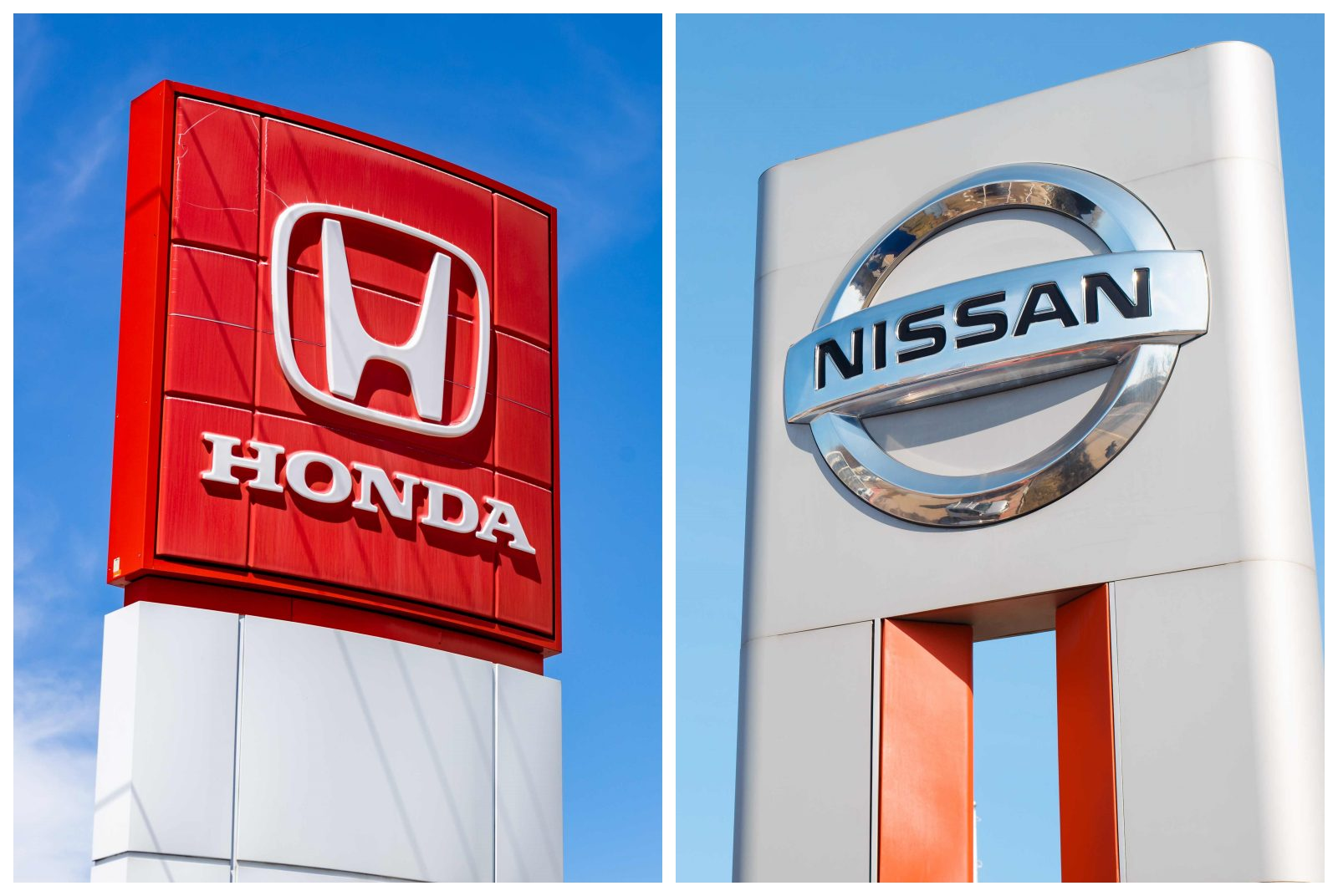
This decision not only marks the official breakdown of the merger talks between Honda and Nissan, but also deeply reveals the huge gulf between the strategic synergy of the company and the reality of the dilemma.
Back on December 23 last year, Honda and Nissan jointly issued a memorandum of understanding on the merger, which was like a shot in the arm for the industry to imagine the future of Japanese car manufacturing. The two companies have ambitious plans to merge through a holding company, aiming to create an empire that would rank among the top three global carmakers behind Toyota and Volkswagen. However, the ideal fullness, the reality bone sense, this seemingly grand blueprint, in just a month and a half later turned into nothing.
Honda's proposed integration of Nissan as a subsidiary, like a stone thrown into a calm lake, provoked a wave of fierce opposition within Nissan. The proposal touches on Nissan's core interests and pride, making it difficult for the two sides to agree on key conditions such as the integration ratio. In the end, the merger talks ended in endless disputes and compromise attempts, leaving only a withdrawn letter of intent to merge, and the industry sighed.
Even more ironic is that just as talk of a merger between Honda and Nissan began, the three companies quickly signed another memorandum of strategic cooperation to explore the possibility of operational integration. Mitsubishi Motors, which is playing a delicate role in the love triangle, said it would actively explore the possibility of participating or stepping in to integrate the operations of the other two companies. However, with the aborted merger plan of Honda and Nissan, the tripartite memorandum of understanding was also like a candle in the wind, and eventually could not escape the fate of termination.
The moves by Nissan, Honda and Mitsubishi are reminiscent of the old adage that "plans can't catch up with change". In the rapidly changing market environment, the strategic decisions of enterprises often need to find a delicate balance between ideal and reality. However, Honda and Nissan have clearly failed to get the balance right in this game, and their merger plan is like a carefully planned fireworks display, although bright for a while, but ultimately difficult to escape the fleeting fate.
When explaining the reasons for the termination of cooperation, Honda and Nissan both showed a high degree of "tacit understanding". They claimed that in an increasingly volatile market environment in the age of electrification, halting discussions and terminating the MOU was the most appropriate course of action in order to prioritize the speed of decision making and the implementation of management measures. This explanation sounds pretty grand, but it hardly covers up the differences and failed compromises in the merger negotiations.
What is more noteworthy is that despite the collapse of the merger plan, Honda and Nissan said they would continue to explore opportunities for cooperation in specific areas. The reference to a "strategic partnership" raises questions about whether they are simply trying to save some face or leave some room for possible future cooperation. However, after the twists and turns of the merger talks, the possibility of such a tie-up seems even more remote.
Looking back at the whole affair, the proposed merger of Honda and Nissan has been a drama of ups and downs. However, unlike the drama, the failure of this merger not only cost the two companies a huge amount of time and energy, but also damaged their reputation and status in the industry to some extent. For Mitsubishi Motors, although it has been able to escape this "love triangle", the prospect of future cooperation is also full of uncertainty.
In this context, people cannot help but ask: how should enterprises balance the ideal and reality when making strategic decisions? Should we go ahead and pursue those seemingly grand but elusive plans? Or should we keep our feet on the ground and make a more rational choice based on our own actual situation and market environment? The proposed merger of Honda and Nissan may have provided the answer, but it is fraught with bitterness and frustration.
The collapse of the proposed merger of Honda and Nissan is not only a failure of corporate strategy, but also a profound lesson. It reminds everyone that in the rapidly changing market environment, enterprises need to maintain a clear mind and keen insight in order to remain invincible in the fierce competition. For Honda, Nissan and Mitsubishi Motors, how to regain their direction and power on the road to the future will be a serious challenge they face.

Below is the English translation of the text, with precise handling of political terms, consistent sentence structures, and preservation of the original’s analytical tone and logical flow:
Below is the English translation of the text, with precise …
On December 15 local time, Trump took the British Broadcast…
In recent years, the application of artificial intelligence…
According to Yahoo US media reports, the recent remarks of …
After 11 years of waiting in the deep sea, we finally have …
On December 17, 2025, the newly renovated American "Preside…